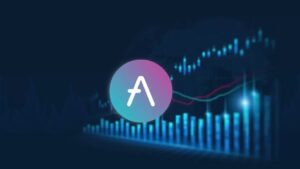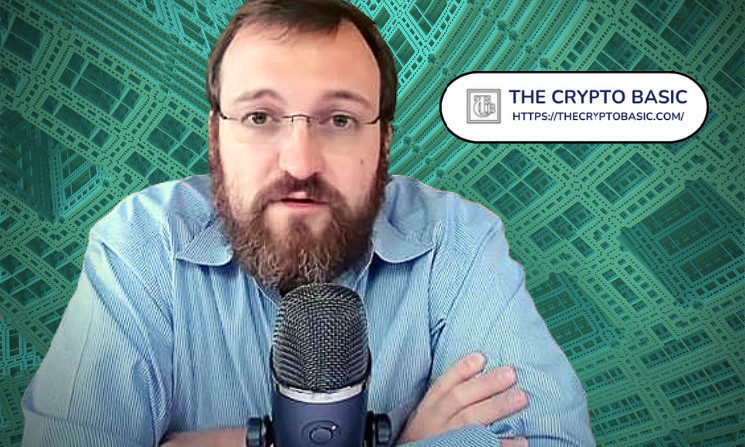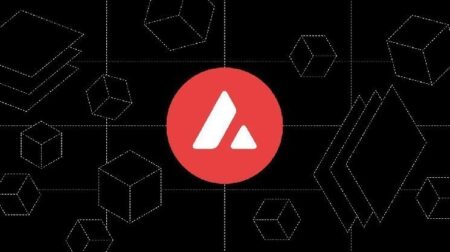Cardano founder Charles Hoskinson recently expressed admiration for a block transaction to 1,600 recipients costing $2.38.
Hoskinson’s reaction came after Dedium, a GPU computing network on Cardano, raised awareness about the blockchain’s beauty in terms of the transaction volume it handles.
Dedium pointed out that just one block on the Cardano network processed eight transactions to 1,600 unique recipients.
Notably, this block occurred precisely two months ago. The highlight of the block was its magnitude, processing speed, and meager commission. In particular, the eight transactions that made up the block cost 0.64 ADA each, for a total of 5.16 ADA tokens valued at $2.38.
Notably, each Cardano block transaction may comprise ADA transfers to foreign accounts, NFT, ecosystems tokens, and DeFi content.
This block under scrutiny involved 800 ADA foreign transfers with a total monetary value of $422.76. The other half comprised 800 MyUSD transfers of 1,000,000. Mynth (MyUSD) is a stablecoin within the Cardano ecosystem.
Despite the monetary magnitude of this block, the total fee was $2.38, and the rate at which the block was processed was 80 transactions per second (TPS). Dedium’s spotlight on this transaction has sparked various reactions from the ADA community, including Cardano’s founder.
Cardano Founder Reacts
Reacting to the update, Hoskinson shared a GIF with the inscription, “It ain’t much, but it’s honest work.”
https://t.co/cIQdKSxWY5 pic.twitter.com/rWbGvOGh6R
— Charles Hoskinson (@IOHK_Charles) April 17, 2024
Furthermore, a community figure expressed amazement at the magnitude of the MyUSD transfers in the block transaction and the paltry cost associated.
On the other hand, X user Bonpilos remarked that for decentralized applications (dApps) requiring swift execution, such as margin trading, Cardano’s current performance might not be adequate. He suggested that Cardano needs to enhance its execution speed to accommodate such dApps effectively.
Hoskinson responded by highlighting that addressing such concerns is precisely what Cardano’s Hydra is designed to accomplish.
Significantly, Hydra is a scalability system that integrates seamlessly with Cardano’s established settlement layer to facilitate increased transaction throughputs.
Read the full article here








